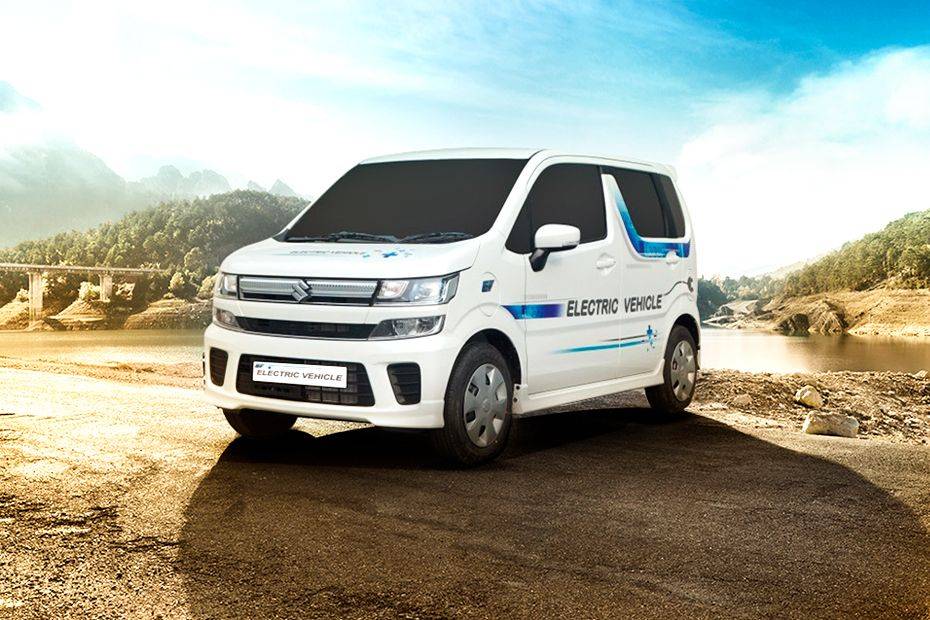TMC — The recommended intervals for changing brake fluid are all over the board depending on the manufacturer, from as often as every two years to actually never. Wait, never? Really, never.
For example, Chevrolet calls for a brake fluid change on most models every 45,000 miles, but Honda says to do it every three years regardless of the vehicle's mileage. Three years is also the recommended interval for most Volkswagens, but Mercedes-Benz vehicles typically call for fresh fluid every two years or 20,000 miles. In contrast, on the Ford Escape, Hyundai Elantra, Toyota Camry and other models from those manufacturers, there are no recommendations for replacing the brake fluid, only instructions to inspect it periodically.
This leaves it up to the owner to consult what the manufacturer says in their car's maintenance schedule and rely on the advice of a trusted repair shop.
Brake fluid lives in a sealed system and can survive for years, but moisture from the surrounding air can work its way in through hoses and other parts of the brake system. If your brake fluid has become dirty or contaminated, it can change how your brake system operates like brake pedal feel can be affected, as can heat dissipation in repeated stops. Water in the brake lines lowers the boiling point of the fluid, so stopping ability can fade in hard stops as heat in the system increases. In addition, over time the moisture can cause internal corrosion in the brake lines, calipers, the master cylinder and other components.
Flushing and replacing brake fluid might cost Rs. 3000 or less on many vehicles, but replacing rusted brake lines, brake calipers and other brake parts can run several thousand of rupees, so clearly there's value in keeping up with maintenance. As a rule of thumb, it's wise to have the brake fluid inspected and tested for moisture content
every few years, and
no more than every five if you live in a high-humidity area. Drivers living in areas that get cold weather should also inspect their brake system frequently, as salt and other contaminants can get into the brake fluid.
You might be able to tell it's time for a change by looking to see if the fluid is still fresh in the brake fluid reservoir, usually sitting on top of the master cylinder under the hood of your vehicle. Brake fluid is often light brown in color, and in some vehicles it's clear (at least when new) but will darken with age, becoming murky from water contamination. A better way is to have it tested by a professional for moisture and see what they recommend. Oftentimes you can have this service performed at the same place that performs a rapid oil change. Since the technician is already poking around under the hood, it's easy for them to take a sample and inspect all of your vehicle's fluids.
Brake fluid is as vital to stopping a vehicle as engine oil is to keeping it going, but it doesn't get as much attention as it deserves.







